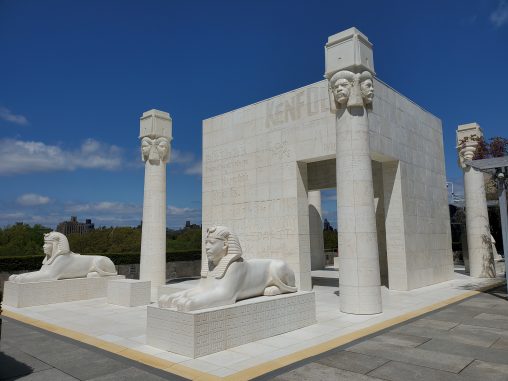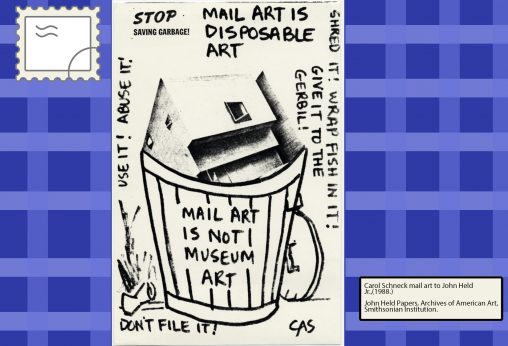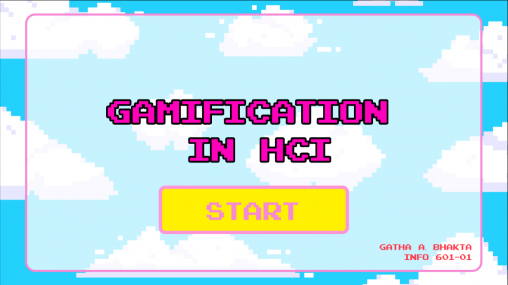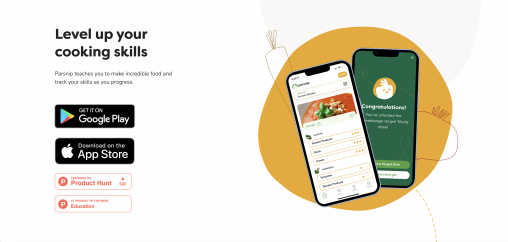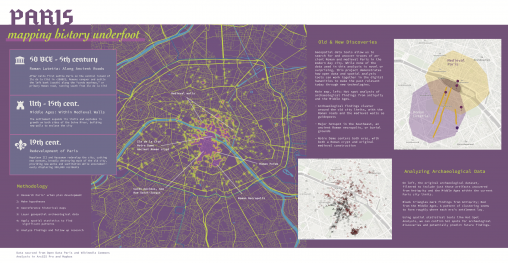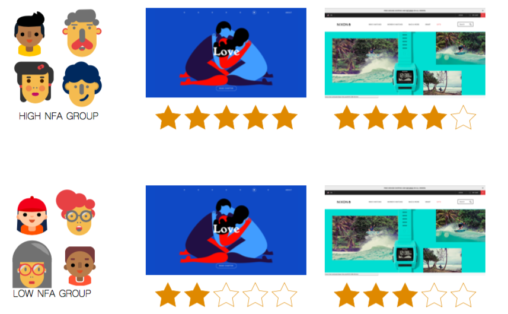Tag: researchPage 1 of 3
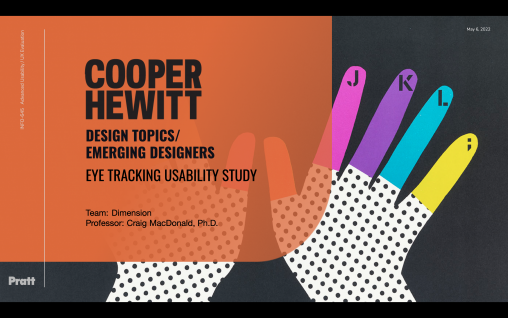
We wanted to understand how Cooper Hewitt museum’s website visitors view the visual hierarchy of the Design Topics and Emerging Designer pages while browsing content on mobile devices. We conducted an eye-tracking usability study with 8 participants and made recommendations to clarify some of the website language and make the site more mobile-friendly.
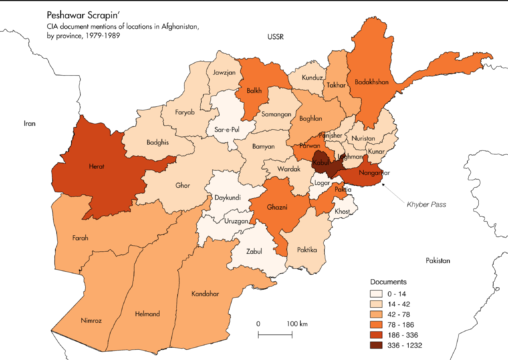
Peshawar Scrapin’ is an exercise in rapid subject tagging of poorly-described of textual material. Using automatic and human-curated methods, I scraped 7,000+ PDF documents on the Soviet-Afghan War from the CIA’s website, expanding the CIA’s deficient metadata with the names of relevant persons, factions, places, and concepts.
Local news is dying and a new trend is emerging. Librarians are partnering with local journalists in various and unusual ways. It’s both a radical yet sensical way to try and rescue local news. The fact that libraries are trusted sources among local communities only strengthens the concept and the potential partnership. This paper will explore the different ways in which libraries and journalists are joining forces to tackle the local news crisis across the country
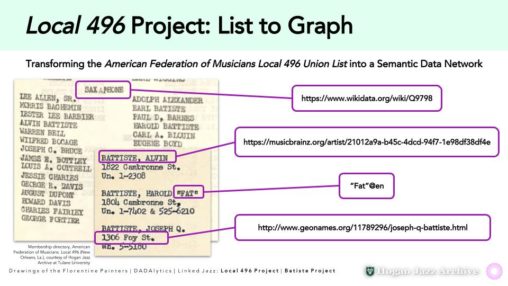
The Local 496 Project transforms the American Federation of Music’s Local 496 union list into a semantic data network. This document is a 1940’s directory of the segregated African-American chapter of New Orleans jazz musicians. This project will highlight the Batiste family network, many of whom are listed in the directory.
The purpose of this study is to perform an exploratory examination of the services public libraries provide to state correctional facilities. Due to the limited data available on these services, this study examines the transparency of public library websites based on the public library systems of New York state.
The focus of this project is to visually represent the virtual path information on the internet must follow in order to complete a request. This way, every stop that information takes to get to and back from its destination is clear to the viewer. In clearly representing this, it will allow for people to understand the way that information travels in that process.
This poster presents my research of how current art museum practices are shifting systematic gentrification of their audiences through diversifying staff, collections, and community engagement.
Information gathered from Lincoln Center’s Facebook Insights was used to identify their most successful posts. A strategy was then established to further boost popular content and promote visitor engagement.
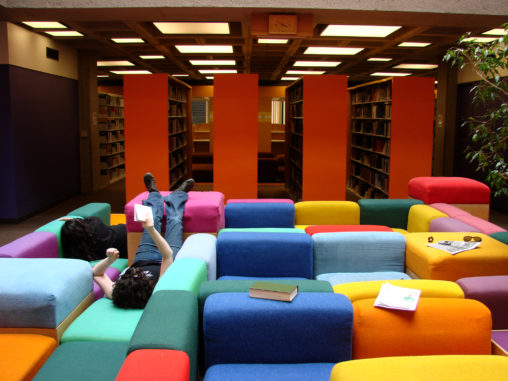
“Growing the Academic Library: Past, Present & Future” is an exploration of how academic libraries have changed and grown, organized into three major areas: resources, physical space, and education. This comprehensive literature review provides an understanding of where academic libraries have been as well as where they’re going, the latter including emerging ideas such as patron-driven acquisition and student activist archiving. An overall theme is the symbiotic relationship between the library and the wider university.
The panel will present the findings of two projects related to the adoption of the digital personal assistants like Siri, Alexa and Cortana. The findings pertaining to the technology adoption in public spaces, existing issues and requirements for the ideal digital assistants will be shared.
This project originated as a paper reporting on the experiences of archival producers in the field of historical documentary production. Based on those conversations, I created a visualization of data comparing gender and production credits across American Experience documentaries from 2015 to 2017.
The premise of this project analyzes the impact of eliminating or keeping the penny from the United States Currency Coins and the results of saving the one-cent denomination through comparative analysis. The research examines the use of e-government information and its availability to explore the penny within the digital ecosystem.
